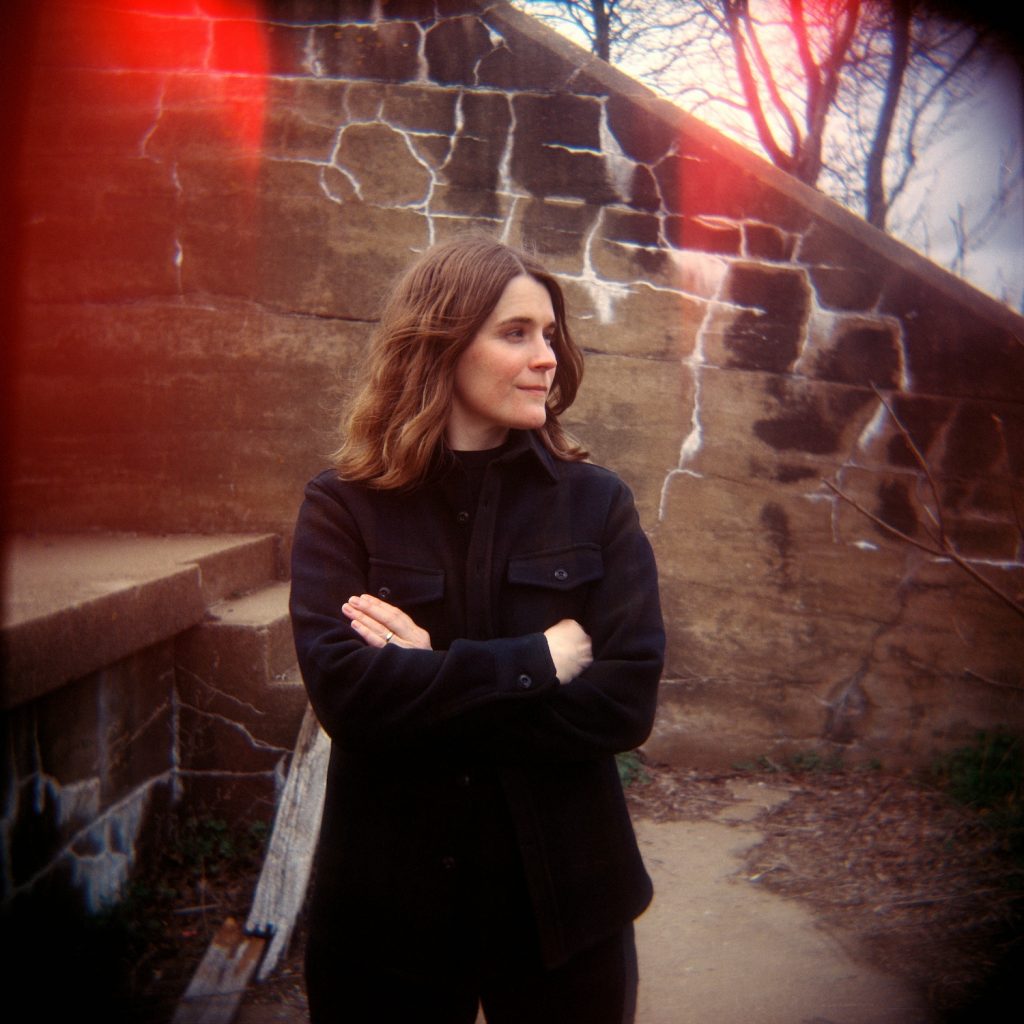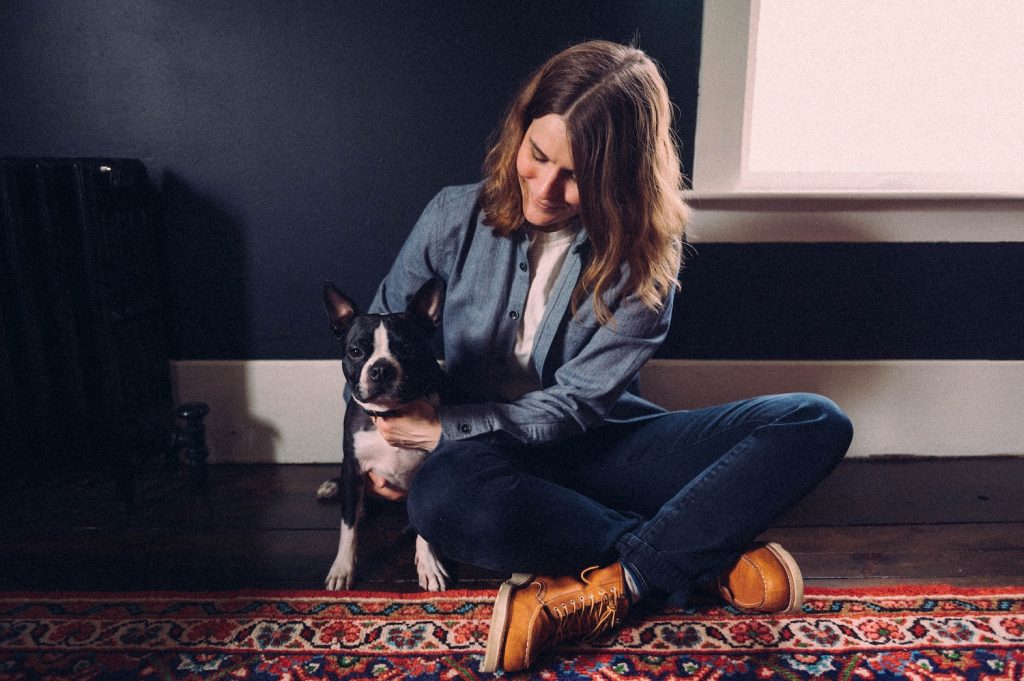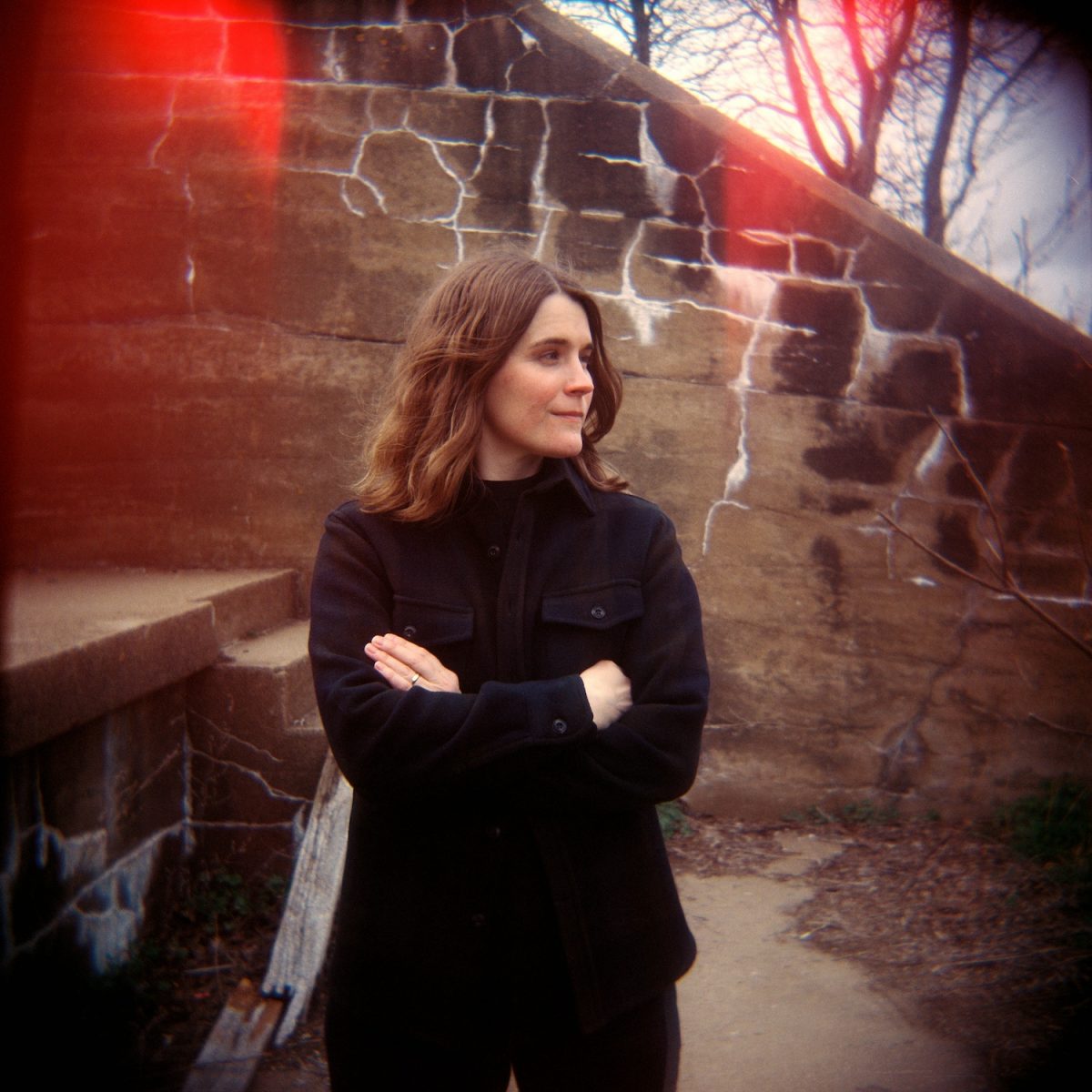
Given all that Jenny Owen Youngs has been up to over the past 10 years, why let another solo album get in the way? By the time she’d released her last one, back in 2012, Youngs was pretty much burned out on the concept of making her own way as a singer/songwriter who always seemed on the edge of a breakthrough. That storyline began when “Fuck Was I,” from her 2005 debut, Batten The Hatches, landed on an episode of Showtime’s Weeds, leading to a deal with Nettwerk Records and high-profile rounds of touring with Ingrid Michaelson, Aimee Mann and fellow SUNY Purchase alum Regina Spektor.
Tiring of the treadmill, Youngs moved from New York to Los Angeles to try her hand at writing with other artists. She co-wrote Pitbull’s “Bad Man,” which debuted at the Grammy Awards in 2016, and Shungudzo’s “Come On Back,” featured on the Fifty Shades Freed soundtrack. By 2018, she’d collaborated on a massive hit, Panic! At The Disco’s “High Hopes.” Youngs also eked out several EPs and an instrumental album with John Mark Nelson and Tancred.
In her spare time, Youngs launched Buffering The Vampire Slayer, a podcast for Buffy The Vampire Slayer devotees that attracted more than 160,000 monthly listeners and led to a book deal with St. Martin’s Press. Somewhere in there, she also went through a divorce and got remarried. Apparently, relations with her ex are civil, as she recently launched a new series with her former wife, Kristin Russo, called The eX-Files.
Which brings us to Avalanche (Yep Roc), Youngs’ first solo release since Unwavering Band Of Light. A dreamy-yet-riveting quiet storm of an album, it’s easily her most consistent effort to date. The LP includes tracks co-written with S. Carey, Madi Diaz, Peter Silberman (Antlers) and other friends. Produced by Josh Kaufman (Hold Steady, Cassandra Jenkins), it also features the Walkmen’s Matt Barrick on drums.
It’s hard to know where to start with a busy artist like Youngs, but we gave it shot in a recent Zoom interview. Prior to some October tour dates, we checked in with her from the home in Maine she shares with her wife and young son, who weighed in with a cry or two from the other room.

How did it go at AmericanaFest this year—and getting into the groove of performing live after all these years?
It was the first proper giddy-up I’ve done in a while. I had a pickup band. Thankfully, Nashville is a great place to borrow musicians who are all incredible at learning new material fast and absolutely acing it. It was a lot of fun. They crushed.
The entire intro to this Q&A could’ve been a list of your credits. You seem like a person who likes to stay occupied.
Yeah, to my own detriment at times. I feel like I have a lot of ideas, and I get really excited about them. But I don’t always think about how many ideas I should be pursing at the time, so I’m usually octopussing out, reaching in every direction at once.
Avalanche is such pretty listen … initially. Once you start to diving into the lyrics, things get decidedly less so.
I guess the idea is, let me get your defenses down with my gentle, inviting sonics. And once I really have you, then I like to hurt your feelings if at all possible. [Laughs] Eight of the 10 songs on the record I co-wrote with friends, and the process of writing and recording them was, thankfully, significantly less painful than the process of experiencing the things required to be able to write the songs. Writing with friends is fun. One of the many gifts of writing in collaboration is that you’re not alone. I didn’t do a ton of writing when I was really in thick of painful disentanglement. I got a bit of distance before I wrote the rawer songs on the record. You gain a little hindsight. You get a little space. You create this sort of transparent buffer when you know the things you’re writing about are now at arm’s length.
Some of that disillusionment you write about was centered around your divorce, but you and Kristin are still working together on the podcasts.
I would say our relationship is currently better than ever. But there was a very difficult stretch of a few years where it was grueling at times for both of us. But we cared so much about the things we were making that neither of us was willing to give that up just because of our interpersonal changes and discomfort.
What was impetus for becoming a songwriter-for-hire after Unwavering Band Of Light?
I was living in Brooklyn for nine years, and my manager at the time suggested I try co-writing sessions. My manager had one other client, and it was Dan Wilson. I got to do a lot of writing with him. He’s the ultimate example of someone who’s writing with incredible artists, but he’s still making Semisonic music and he’s still making Dan Wilson music. He’s really good at maintaining the state of play, as opposed to the state of work. I learned so much from an attitude perspective. As I started going to L.A. on writing trips more and more, it felt like being on tour. So I moved out there and started doing four or five sessions a week. That amounted to hundreds of songs that will probably never leave the hard drive—and some songs that did get cut by various artists.
Like, say, Panic! At The Disco?
That was truly mind-blowing. I met somebody through my publisher named Jake Sinclair, who produced Panic! At The Disco records. We really hit it off, and he started hosting these Saturday-morning mini-camps. He’d bring eight of us in who were all published by the same company, and we’d get breakfast tacos and write for three hours. Sometimes we’d leave with a few different choruses or a verse, sometimes we’d leave with a complete song. Jake amassed all these song seeds, and he’s a real mad scientist when it comes to pulling in all these disparate ideas. The chorus we wrote for “High Hopes” was kicking around on some hard drive. There’s another song on that record called “Roaring 20s” … We wrote a whole song at one of the camps. He took [part of] what we did and airlifted it into a whole other song. It doesn’t sound like it should work, but it worked perfectly.
—Hobart Rowland






